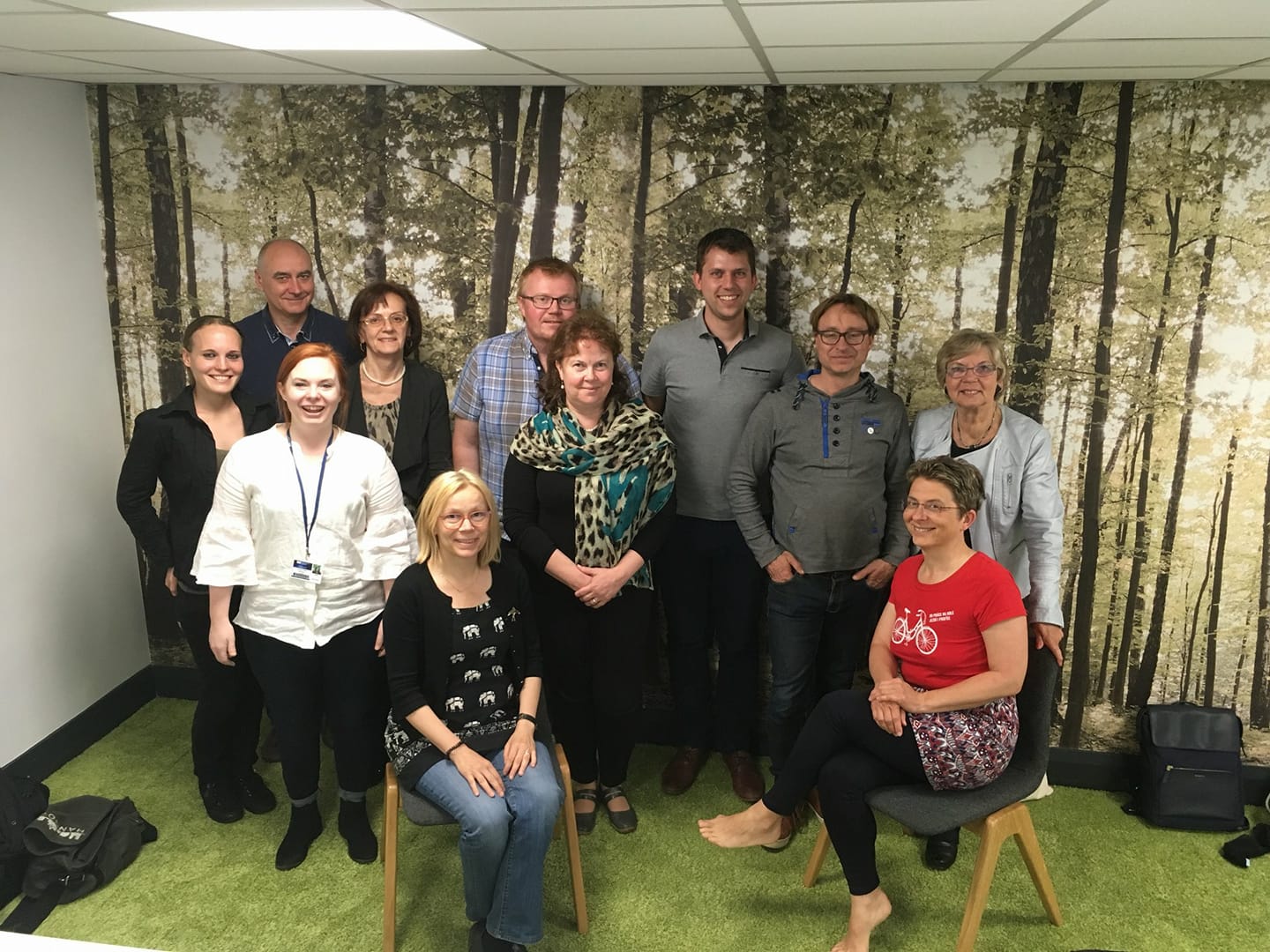Second partner meeting of the QUAL-IM-G consortium was held in Derby on 24th/25th May 2018. This meeting was hosted by iCeGS.
The current status of the O1 (Report on QA practices) with some preliminary findings was presented. Partners agreed, that the output will be enriched by following short case studies illustrating different good practices:
- Mentoring programme for candidates for accreditations provided by CMI (Netherlands)
- Certification process for career guidance practitioners by NOLOC (Netherlands)
- Quality development framework for organizations providing careers services by nfb (Germany)
- Audit and labelling procedure by FECBOP (EU)
The meeting allowed us to kick-off the work on other intellectual outputs of the project:
O2: Mentoring program for career guidance practitioners “Mentoring program” is not a “training program”: While it could lead to the development of new skills and competences, its primary goal is to prepare the counsellor for a QA procedure. Focus should thus be on the documentation of counsellors competences and development of practice. It should be connected to the self-assessment procedure. Partners decided, that the mentoring programme will be “content dependent”: it will be based on the most widely used quality criteria, as revealed by the analysis in O1.
O3: Certification procedure of career guidance practitioners The output will be content-independent (independent from specific quality standard). It will describe different stages of the certification procedures, and for every step it will provide examples of template documents. It could also provide recommendations and examples of good practice from partner countries.
O4: Quality development framework nfb has developed a very advanced quality development framework. It will serve as an inspiration for the development of the output, but will be adapted as necessary for the needs of the testing phase.
O5: Audit / labelling procedure The development will be similar to O3 and will lead to a development of a content-independent process (not tightly linked to any quality standard) that will include recommendations and may also include illustrative examples of good practice.


